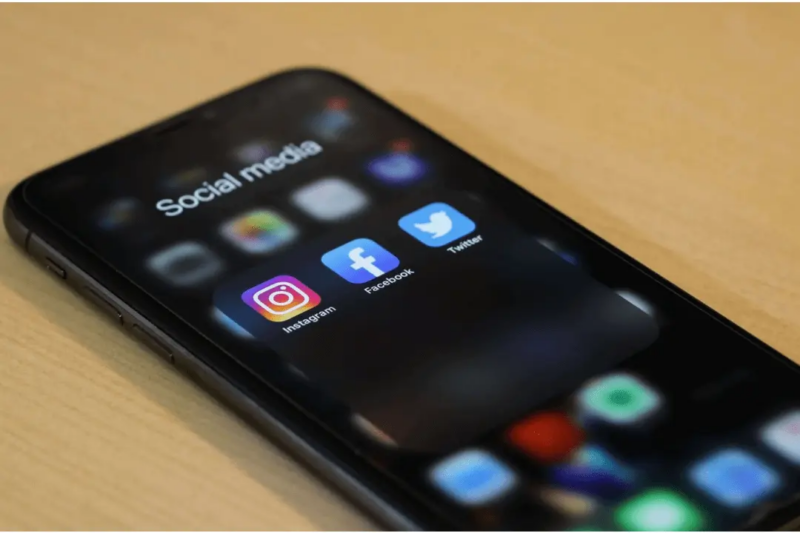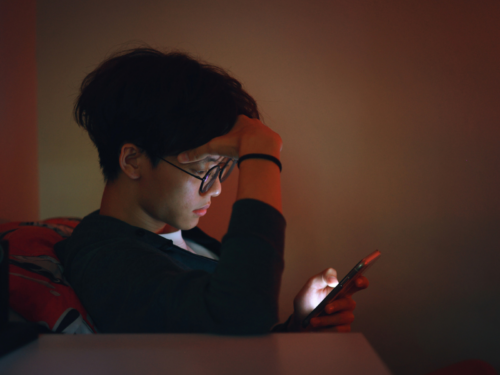
Table of Contents
Social Media Use & Mental Health
Written By: Charlie Health Editorial Team
October 20, 2020
3 min.
Learn the basics about teen social media use and how to help them set boundaries for sounder mental health.
Learn more about our Clinical Review Process
Table of Contents
Social media has profoundly changed the way we interact with others, particularly for young people who have grown up alongside social media’s growth and fallen victim to its addictive qualities. Over the last decade, researchers have been investigating the relationship between mental health and social media. It is clear that social media platforms like Facebook, Instagram, Snapchat and TikTok can cause symptoms of depression; however, there is also research that shows those who already present signs of depression are more likely to engage with social media in harmful ways.
It’s important to set boundaries for social media within your household. Social media has allowed unprecedented access to communities and information; however, overuse of these platforms can create unhealthy relationships and dependencies.
Be mindful of how social media makes you feel. Check in with yourself before and after logging on. If you realize that your time spent online overwhelms your day and symptoms of loneliness, dissatisfaction, or sadness are increasing—it might be time to reevaluate your relationship with these platforms.
Questions to ask yourself
- How much time per day am I spending on social media?
- How are the decisions I’m making in my life shaped by social media?
- Have I been putting off responsibilities to be on social media?
- Why do I choose to engage with social media?
Join the Charlie Health Library
Get mental health updates, research, insights, and resources directly to your inbox.
You can unsubscribe anytime.
Consequences of overusing social media
- Despite online connection, research shows that social media actually increases feelings of loneliness and isolation
- In addition to the social pressures of being an adolescent or young adult, social media can exacerbate the feeling of exclusion when constantly viewing others’ interactions
- Filters and photo editing apps widely used on social media can cause increased feelings of inadequacy about your appearance—often distorting young peoples’ perception of beauty and self-worth
- Online bullying
Reminders for social media use
- Posting isn’t a requirement—while you may enjoy sharing parts of your life online, it’s necessary to take breaks. If you feel like you’re only sharing because you need to, it might be time to take a break.
- Prioritize your offline life over your online life—if you feel like your self-worth stems from what you’re doing online rather than offline, it might be time to reevaluate your priorities.
- If you are posting, it’s ok to be genuine—social media often promotes unrealistic standards of how we should live. While it’s great to show the most exciting parts of your life, it’s also ok to show the honest parts.
- Whatever you post online stays online. Be thoughtful about what you’re posting and how others might perceive it. While you may have good intentions, other users may misinterpret your message if you’re not careful. Before posting, take some time to evaluate whether or not your message could be harmful to others.
- Social media is an equally powerful and dangerous tool. Everyone must be thoughtful and careful with how and when to engage in online behaviors. If your mental health is worsening as a result of social media use, it’s important to reevaluate how you choose to engage. If you or a loved one is struggling, it may be time to seek professional help.
Contact us
Charlie Health’s team of professionals is here to support teens and young adults struggling with mental health and addiction—you are not alone. Reach out today and our Admissions Team will gladly listen to your needs and find a personalized treatment program that is right for you.





